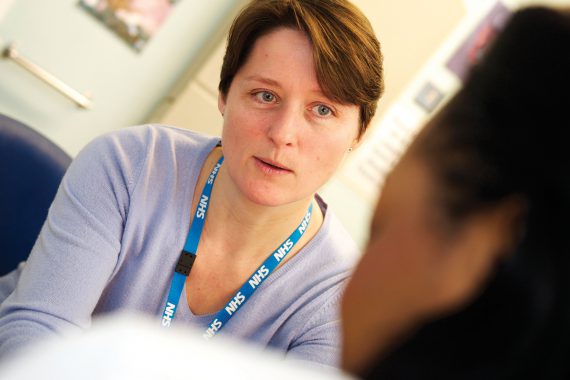UK medical schools need to provide teaching on domestic violence

UK medical school teaching on domestic violence and abuse (DVA) is inadequate, according to a new study from the University of Bristol.
Eleven out of 25 medical schools which responded to an online survey said they only provided 0-2 contact hours on the subject over a five-year degree.
The study, which was published in The Clinical Teacher and funded by the RCGP’s Scientific Foundation Board, analysed the results of an online survey completed by teaching leads at 25 out of 34 medical schools in the UK.
It found that those schools offering teaching on domestic violence and abuse did so by a range of different methods and over different modules. The authors of the report said that policy makers should consider making DVA education mandatory.
Dr Lucy Potter, the study’s lead author from Bristol’s Centre for Academic Primary Care (CAPC), said: ’Doctors are central to the identification, safety and referral of DVA survivors, who are more likely to disclose abuse to them than to any other professionals. These findings show there is considerable variation in how much DVA education is taught to UK medical students. When considering the profound impact on health and wellbeing it is imperative that the future generation of doctors are equipped with sufficient training to be able to recognise the signs of DVA in patients and manage or refer them through the appropriate channels.’
Professor Gene Feder, study co-author, who leads research on DVA at the CAPC said: ’We need to move beyond tokenism with regard to DVA in medical training. This is long overdue and requires a national effort, not dependent on champions in individual medical schools.’
Thirty-five per cent of women worldwide have suffered abuse from their husband or partner. NICE guidelines recommend that teaching about DVA should be an integral part of medical education.
Pulse October survey
Take our July 2025 survey to potentially win £1.000 worth of tokens

Visit Pulse Reference for details on 140 symptoms, including easily searchable symptoms and categories, offering you a free platform to check symptoms and receive potential diagnoses during consultations.









